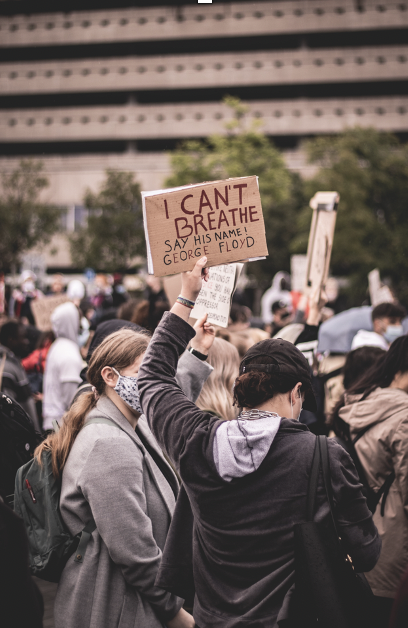
Justice for Social Movement Trademarks
Thousands of people have taken to the streets, amid the COVID-19 pandemic, to demand justice and equal treatment for Black Americans after the murder of George Floyd. Throughout these protests, the slogan “Black Lives Matter” is often used by those condemning the treatment of Black Americans at the hands of police officers around the country. Is this phrase a trademark, and if it is, who owns it? Do trademark principles allow the Black Lives Matter Foundation, an entity associated with the movement, to have a trademark in phrases such as “Black Lives Matter” so that they can prevent other entities from commercially profiting from using it?
Let’s start by discussing some trademark principles.










 IP Alumni Spotlight:
IP Alumni Spotlight: